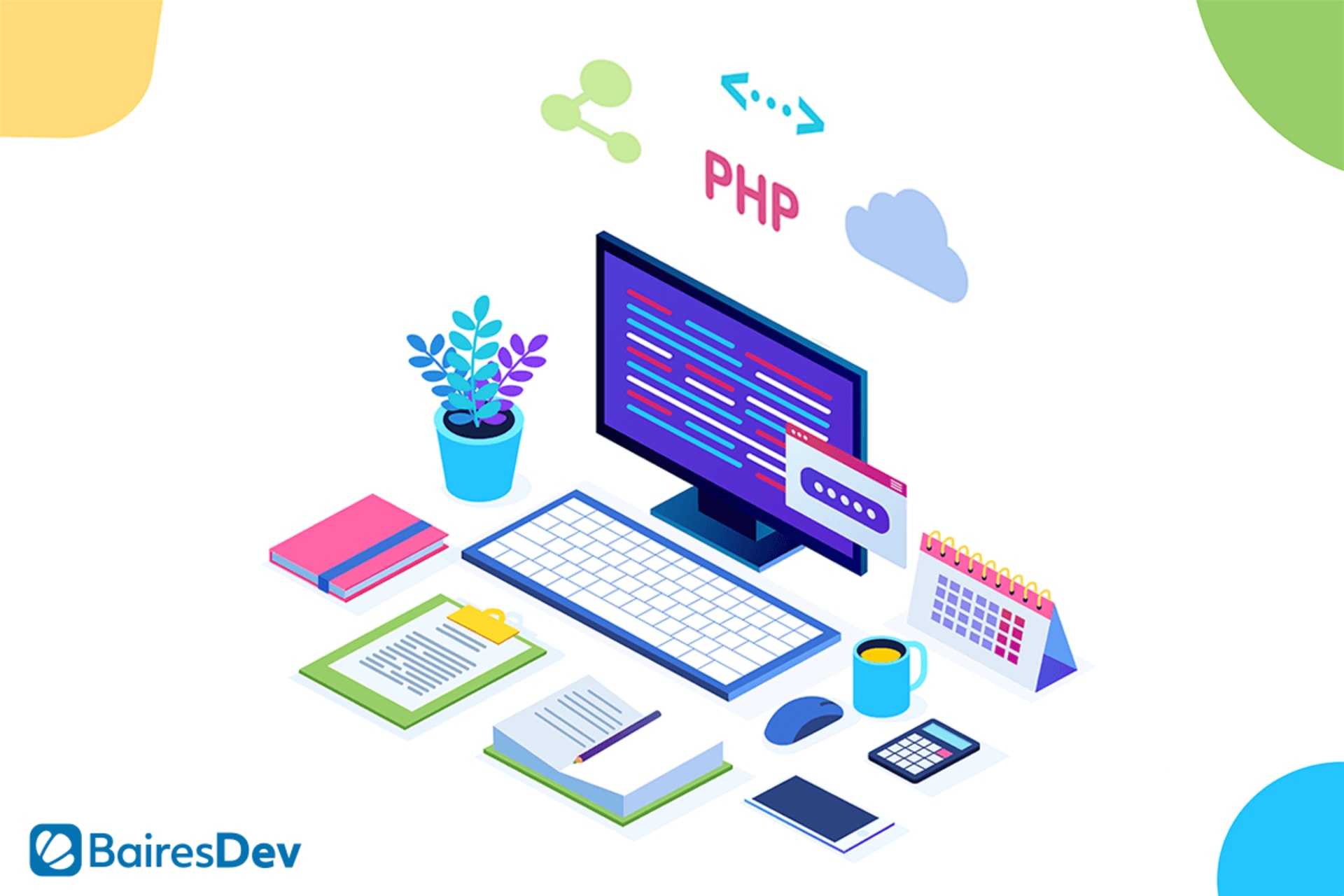Benchmarking against flagship companies is nothing new and, when it comes to choosing a technology stack, it might actually be more helpful than you’d think. However, most of the time the people writing about this topic tend to focus more on what’s trending at the time, leaving some crucial and baseline technologies off the spotlight. This is the case of PHP.
Even though the tech stacks at the enterprise level continue to increase in complexity every day, PHP has managed to stay relevant as a top choice for big projects that require a robust end-to-end infrastructure. Most of the companies we’ll talk about today even prefer to outsource PHP development to guarantee the scalability and cost-effectiveness of their projects.
Let’s take a closer look.
1. Facebook
We all know about Facebook. Its 1.5 billion active users have forced it to become an indisputable leader in system scalability and creative IT infrastructure solutions. But what most people don’t know is that their expertise in the field comes from a long-time relationship with PHP, which Facebook has used to generate dynamic content since the company was born in 2004.
Not only was the original source code for Facebook written in PHP, but they also introduced HipHop for PHP a few years later. For those unaware, HipHop was a major transpiler that took PHP source code and compiled it into C++ machine code. Shortly after, Facebook also released the HipHop Virtual Machine, an open-source VM that greatly improved the performance of PHP applications and made the deployment process easier overall.
Today, PHP and its HipHop implementations remain as a core element of Facebook’s backend infrastructure. The HHVM, in particular, has served as a great aid to boost the development of PHP applications and continues to play a major role in PHP7.
2. Wikipedia
As one of the most visited public information sites in the world, Wikipedia values the reliability of its IT infrastructure over everything else. The site originally ran on UseModWiki, a general-purpose wiki script written in Perl. This was in 2003, a time when their database was just 4GB (can you imagine?). However, the company knew that number would grow exponentially in no time at all. By April 2004, their database was already growing 1.4 GB per week.
That’s why PHP came into play shortly after with Phase II software, which was completely overhauled a few months later by MediaWiki. According to Wikipedia, most of the code of MediaWiki uses PHP7. As an interesting fact, in 2014 Wikipedia also adopted Facebook’s HHVM, which helped them achieve almost twice the loading performance of their site.
3. WordPress
At this point, it should come as no surprise that the largest content management system in the world also uses PHP. The 455+ million websites hosted on WordPress (which amount to an astounding 43% market share of all websites in existence) rely heavily on the dependability, speed, and security of the platform.
While no WordPress user needs to know anything about PHP to actually use the service, its entire architecture was built on PHP and later paired with MySQL and MariaDB. WordPress uses PHP to establish a robust link between its users’ webpages and the WP database. This way, the HTML output at the client-side can be rapidly and safely requested in WordPress’s server-side.
This has allowed millions of businesses and web developers to create a massive array of templates, plugins, and customizable UI components with little to no coding knowledge. And, by the way, the relationship between WordPress and PHP is still evolving rapidly, as the company continues to invest in new initiatives that generate all-around improvements based on PHP.
4. Tumblr
Finally, we can talk about the birthplace of millions of memes and internet trends, Tumblr. With 510.5+ million blogs and an extremely active and growing user base, taking advantage of a powerful and reliable tech stack was a no brainer for the company.
That’s why in 2016 Tumblr committed to a fully PHP-driven architecture by transitioning their PHP5 systems to PHP7. They actually told this story with a lot more flare in their engineering blog just a few years ago. But let’s take a look at the highlights anyway.
Tumblr switched to PHP in favor of site-wide performance improvements—and that’s exactly what they got. Shortly after the PHP7 implementation, the company saw its latency drop by half while the CPU load on their servers decreased by at least 50%. This practically duplicated their capacity to host blogs and expand their userbase, giving the company the confidence to continue scaling their operations. As they said in their blog, “PHP 7 is pretty rad!”.
Is PHP Development the Right Choice For You?
There’s no doubt about it: PHP stands today as a world-class choice for building projects of all sizes in the mobile and web development world. The fact that all of the companies above choose PHP development to support some of their most valuable and impactful operations is proof of that.
But is PHP development the right choice for you? Will it fit properly with your current tech stack? Or are you thinking about scaling its capabilities with other technologies that the companies above also use? There’s no way to answer those questions in this article, so my recommendation is to talk to a specialized PHP consultant and get a roadmap drawn for you.
All in all, there’s one thing we can all agree on after reading this article: PHP is here to stay and the demand for this technology is not going down anytime soon—especially when it comes to global and flagship enterprises like the one above.
If you enjoyed this, be sure to check out our other PHP articles.







